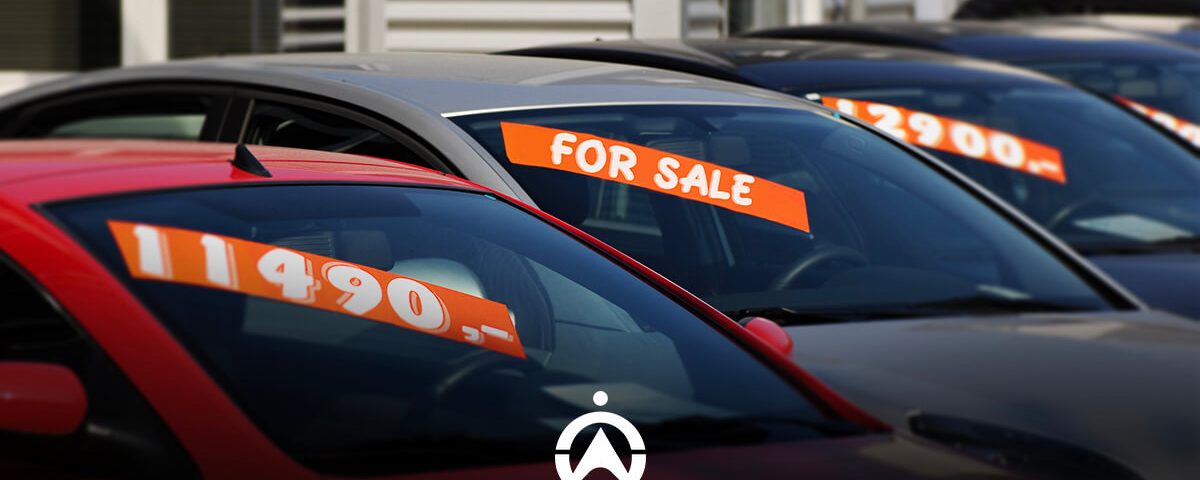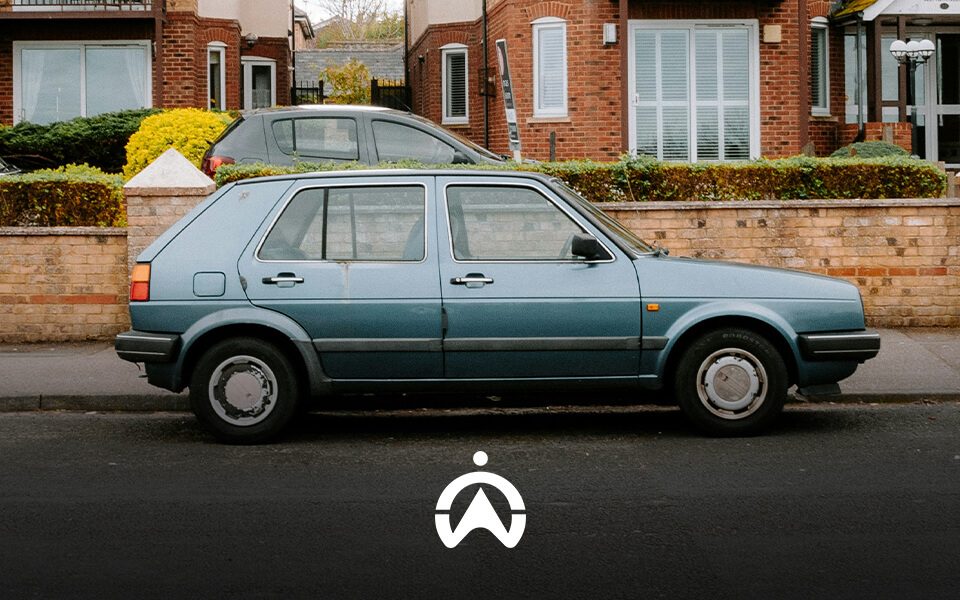When Is the Right Time to Sell Your Car?
One of the hardest things to do in life is letting go. Yet, holding on for too long only makes things even more difficult for you in the end, and in terms of cars, the longer you take to sell it, the less profitable it will probably be, right?
So, when exactly is the right time to say goodbye to your precious car? Let’s have a look.
What to look at to determine the best selling time for your vehicle
Here are several factors that you should look into when trying to decide on the best time to sell your car:
- The value
This can be done using an online tool to calculate the value of your car so you have an estimate of how much it is worth, set a fair price and don’t get ripped off. When using this tool, enter the truthful condition of your car so the price range can also be realistic.
- Age and mileage
In one of our previous blogs, we mentioned how the age of the and its mileage play crucial roles for those looking to buy, so if you want to attract potential buyers, this is what they will look at first. A good mileage is about 15 000 to 20 000 kilometres a year. So a four-year-old car, for example, should have 60 000 to 80 000 km.
A good age to sell your car should be around its second or third year because, by that time, the depreciation rate should have slowed down and the vehicle is still fairly new.
According to Edmunds, the second steep depreciation comes around the fourth year so if your car is pre-word then it’s advised that you sell it before it hits another big drop in value. The next drop comes in its eighth year, so try selling your car in between these drops to get the best value.
- Time of year
Most people buy cars around the spring or summertime as that’s when they are getting ready for road trips, plus it’s when salary bonuses are out and people want to make it count. TimesLive mentioned in one of their articles that new vehicle manufacturers issue incentives to sell more units around the end of the year to avoid carrying inventory into the next year. This means more trade-ins and available vehicles on the market, making the end of the year a good time to buy and the beginning of the year a good time to sell.
- Vehicle make or model
Do a bit of research and check if your vehicle model is on the list of cars that are currently in high demand so you can cash in once yours is on that list.
- The state of the economy
A car isn’t a purchase one can make impulsively in this country, given the rate of inflation. Interest rates are forever fluctuating, and fuel prices are at an all-time high, causing people to be more value-conscious so they can get the most out of their money. In most cases buying a car is done out of the need for a new everyday mode of transport and not a luxurious treat. With that said, a tough economic time might be beneficial for you because most people cannot afford to buy brand-new cars so they’d rather opt for used ones.
- Warranty
People looking to buy will check if the vehicle warranty has run out or not, to see if they can still claim if the car gets a mechanical breakdown. They also want to see the full service history so they know what they are getting themselves into. While you still have the car, make sure you take good care of it because it will make a big difference when it’s time to sell.
Are you trading in, selling privately or opting for a dealership? Here’s what you need to know
You have the option of selling your car to a dealer, and instead of paying cash, they can use the money to settle your payment if it’s under finance or deposit it towards buying a new car at the same dealer. This is called “trading in” a car. It is a quicker way to sell and replace your vehicle, but the trade-in price might be lower than retail value.
Selling to a dealership or privately?
Dealerships are always looking to buy cars and are probably the quickest option for car selling. The good thing about this is that they take care of the paperwork for you and you will get your money immediately. The downside is that the price might be lower than trading in or selling privately.
Selling your car privately puts you in control and will actually get you the most money but it takes time to find a buyer, requires a lot of admin and might get scammed in the process.
A word of advice
If it no longer meets your needs, costs more to keep it running than what it’s worth, or is too expensive to maintain, then those can also be considered signs that you need to sell it. Remember, it’s always better to sell when you want to than when you need to so that you are not desperate and taking any offer.

How Cartrack is beneficial even if you are selling your car
As mentioned before, a car can still be seen as an investment, and if you’re looking into selling it one day then you need to take care of it and keep it safe. One of the main things you need to get to ensure safety is a GPS tracking unit, such as Cartrack’s. Your car will always have someone watching over it and in the unfortunate event that it does get stolen then you’ll be more at ease knowing our skilled air and ground teams are always on standby ready for your call.
Additionally, once you decide to sell your car, you can inform us so we deactivate your device and install a different one into your new car, then you can continue with us as per usual. That is not all, if your car buyer wants to keep the unit in the vehicle you sold, then we will simply change the details of ownership and start the buyer on a new payment plan. Old car, new car, next car, we go with you everywhere.
The benefits of an already installed tracking unit when selling your car
Increased security for the buyer: The new owner will be delighted by the fact that the car comes with a GPS tracking unit already installed, insurance premiums will be lower due to the added safety feature, so this also gives you an opportunity to charge a bit more for the vehicle because of the extra cool benefits.
More Cartrack features for your car’s safety
Here are some additional features that will give you and your vehicle an extra layer of security:
- Carwatch
Get alerted wherever your parked car moves without your permission by switching on Carwatch on your Cartrack mobile app. Carwatch is a virtual car guard that you’ll get access to at the flick of a button.
- Protector
Gain 24-hour access to emergency services such as roadside and medical assistance so you are not left stranded in the middle of nowhere. At the push of a button, one of our call centre agents will contact you immediately and get you the assistance you need.
- Crash detection
If you’re in an accident, our control room will instantly detect it and will instantly contact your loved ones to determine the kind of help you need.

We are with you every step of the way, anywhere and everywhere
Cartrack has a stolen vehicle recovery rate of over 90% and 2 million subscribers. They trusted us and so should you. Contact us today.
Have a look at some frequently asked questions relating to making a car sale
At what point is it best to sell a car?
A car depreciates quicker in the first 2-3 years, the fourth year, and the eighth year. So selling it in between those years will get you a better value.
What months are best to sell a used car?
Around spring or early summer.
What is the best month for car sales?
According to Auto Trader, the best months to buy a car are usually October, November, and December, as dealerships usually have sales during this period to help them meet their annual target.
What is the best time to trade in your car?
At the break-even point, this is when your trade value is in line with the settlement amount owed to the bank it’s financed with.


